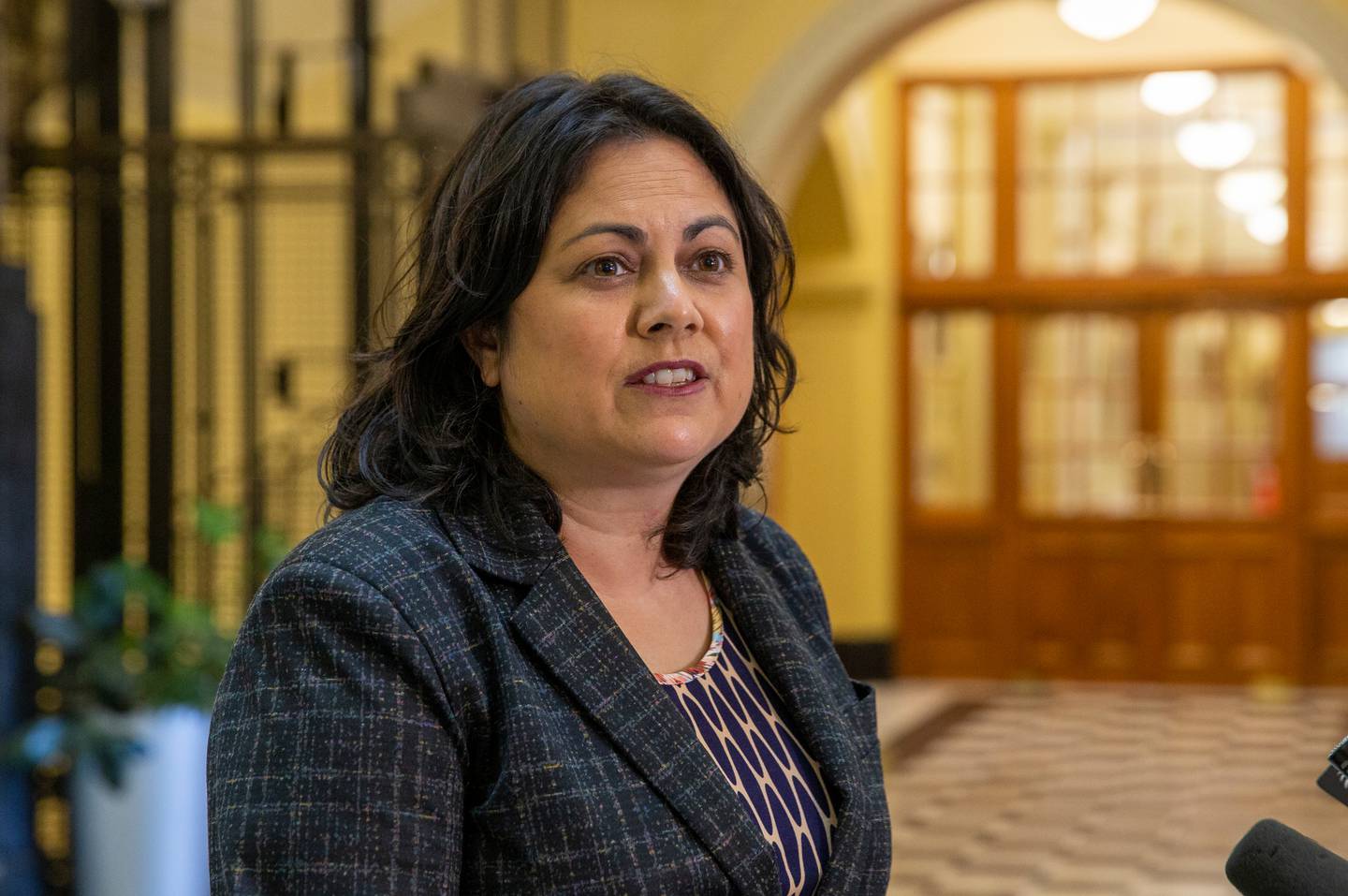
It’s prompted a hurry-up from Health Minister Dr Ayesha Verrall directed at Te Whatu Ora after officials were asked months ago to develop options for the future use of leftover tests.
But a solution hasn’t yet been decided on.
In response to a written parliamentary question from Act deputy leader Brooke van Velden, Verrall said as of June 12, Te Whatu Ora had possession of 1,830,758 expired Rats in its central stores and a further 16,008,766 that would not be dispatched as they were nearing expiry.
The total value of the roughly 18 million tests was $158,141,393 - about $9 per test.
Verrall told The New Zealand Herald Te Whatu Ora needed “to get on with it”, but she said she hadn’t set a timeline for when a solution should be found.
“I‘ve set an expectation that yes, they need to get on with it because there’s a cost of storage as well.”
Van Velden, also Act’s health spokeswoman, believed the potential waste was on an “extraordinary scale”.
“This is taxpayers’ money down the drain,” she said.
“Imagine if this $158 million was actually spent on improving health services for Kiwis?”
In a statement provided on Friday, a Te Whatu Ora spokesperson said large quantities of Rats were first purchased in late 2021 and early 2022 during the Delta outbreak and in preparation for the new strain that became Omicron.

The spokesperson noted Government policy at the time advised that Rats would become an “integral way to test people” at home, work, testing centres and for asymptomatic close contacts and border workers.
“Ensuring compliance with Covid-19 pandemic response settings while supporting New Zealand to be able to reopen and remove mandates had a strong influence on quantities purchased,” they said.
“However, managing the supply of such large quantities of stock and ensuring supply was always available meant there was a risk of having excess stock.
“As policy settings, Border Orders and other testing requirements have changed over time, demand has reduced but planning and consideration has been given to how wastage can be minimised.”
Various measures were employed to limit test expiration, including using a first-in, first-out rotation system, deferring orders and offering tests to other jurisdictions.
The spokesperson said Te Whatu Ora was “actively scanning the market” for ways to promote “re-purposing, alternative uses or recycling” of the tests.
Te Whatu Ora could not provide any examples of solutions it was considering.
Verrall said she had discussed the future use of expired tests with officials since she became Health Minister in February.
She said she hadn’t been advised how likely it was any of the $158m could be recovered through repurposing or recycling the tests.
“I’m confident they’re working on it,” she said of Te Whatu Ora.












